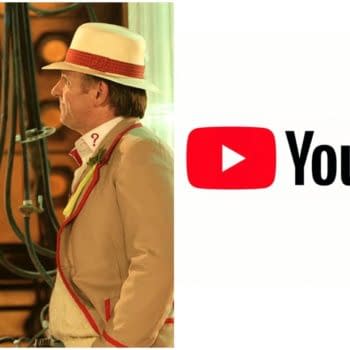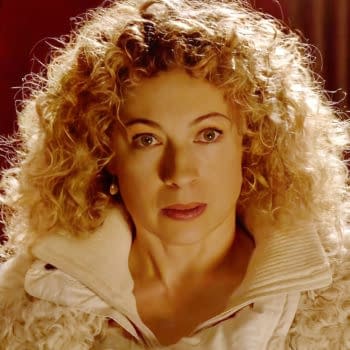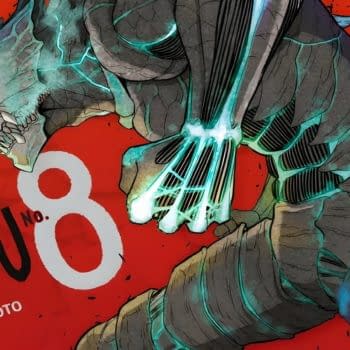Posted in: BBC, Disney+, TV | Tagged: doctor who
Doctor Who: Our 3 Biggest Game-Changers From the Modern "NuWho" Era
As "The NuWho Era" of Doctor Who reaches its 20th anniversary, we look back at the biggest retcons to lore that changed the series forever.
Article Summary
- Explore the Doctor's pathos as the Last Time Lord after Gallifrey's fall and rise.
- The Timeless Child retcon alters the Doctor's origin with possibly infinite past lives.
- Bi-Generation lets the Doctor split into previous personas, changing regeneration lore.
- These retcons helped ensure Doctor Who's endless creative potential and longevity.
Gosh, has it really been twenty years since Doctor Who began its modern era in 2005? That revival by Russell T. Davies brought back the series in a way that made it feel like a new show while keeping its classic premise intact. He cracked the code for modernising the show and bringing in new, especially female, viewers in so many ways that we now take the series for granted, to the point of complaining that it's all old, and the haters complain the show is "woke" when being progressive has been part of the show since 1963. The show became so popular that it's now considered a prestigious show by the BBC with A list actors guest starring, and any actor who appears on it ends up with a higher profile that gets them seen by Hollywood. This is a far cry from the days when the show was considered an embarrassment despite – or because – the British Establishment is inherently snobbish and classist – its popularity. So what were the biggest game changers of Modern Doctor Who? Let's review. Various fans hate them for long-time fan reasons, such as they blow up the continuity and folklore, which are the hardcore fans' greatest obsessions.
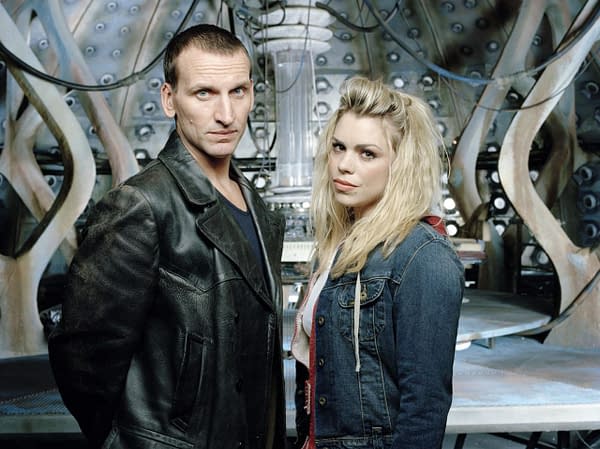
Doctor Who: The Last Time Lord
Previous attempts to bring back Doctor Who made a common mistake, which was to steep their pitches in lore. For hardcore fans, that might be their go-to since it's often their primary obsession. Davies streamlined it by killing off Gallifrey and the Time Lords to make the Doctor the last of his kind. This redefined the Doctor's character and gave him a pathos and melancholy that wasn't there before. He had survivor's guilt, rage, and sadness. It also meant there was no need to have stories involving Gallifrey or other Time Lords and their lore, which is often the most boring part of Doctor Who, especially when it was often haphazardly cobbled together and contradictory because the writers just added or changed it on a whim during the classic era of the series. Steven Moffat later retconned that by revealing Gallifrey was alive after all and gave the Doctor a new long-term quest and arc, which was to find his home. Then Chris Chibnall hilariously, literally blew it up when he took over by having the Master kill the Time Lords all over again. For the foreseeable future, the Doctor is the last of the Time Lords again, though any new showrunner could easily erase that and contrive some way to bring them back again. The reason the Master killed them all was a tantrum when he discovered the next retcon.
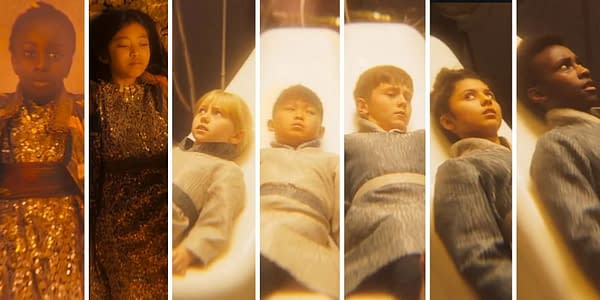
The Timeless Child
Chris Chibnall introduced a retcon to the Doctor's origin that many fans still hate but has injected some new life and mystery into the character and the series. It threw the Doctor's origin into total disarray by revealing that the Doctor had an unknown and infinitely past lifetimes before the one known as the First Doctor (William Hartnell) came along. It was the biggest retcon in the show's lore and also gave us another "lost" incarnation in the form of the Fugitive Doctor (Jo Martin). It also made the Doctor immortal and unkillable, which gave the series license to go on forever. It also explained at last why the Doctor always ran away from Gallifrey: they were a literal outside from that world and its people and were endlessly abused, manipulated, and tortured by them to extract the secret of regeneration and immortality that enabled them to live long enough to develop time travel technology. Chibnall may or may not know it, but he has also planted the seed for the end of the Doctor's saga if anyone ever wants to do it – the Doctor is a creation of the Space-Time Paradox who has no real beginning or end. When the BBC or any showrunner wants to finally conclude the Doctor's story, they can simply send the dying Doctor back through the time vortex to regenerate into the child who was first discovered at the dawn of Gallifrey's history.
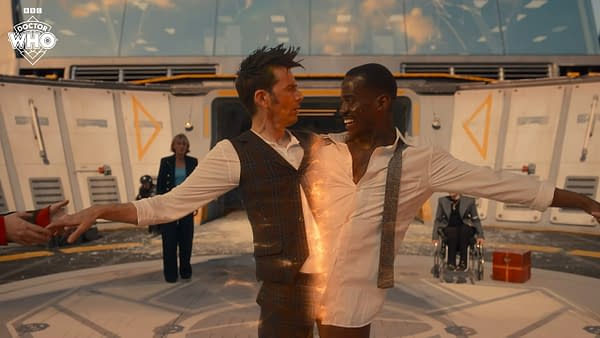
Bi-Generation
Instead of regeneration when dying, Russell T. Davies threw a huge bomb into Doctor Who lore at the end of the Sixtieth Anniversary Special "The Giggle," where the dying Doctor, instead of regenerating into a new person, split into two, his current self and the next incarnation (Ncuti Gatwa). This gave a dying Doctor – and Tennant's incarnation – a happy ending for the first time. fans didn't like it because it was a huge change to continuity, especially when Davies said bi-generation occurred in every past death the Doctors experienced, and their past selves are now all alive across Space and Time. In the hands of the wrong writer who decides to use it, this could be a huge can of worms, but the series has easily avoided that so far by not even addressing it. But that tool is there. It's the series' way of having its cake and eating it too since all options are available. It gives the show scope to bring back any past Doctor (at least the actors who are still alive) for future stories and spinoffs. It's another way of giving life to the show. With these retcons, the series could go on forever, and as Steven Moffat said, the show is designed to last and evolve, and it still hasn't reached its ultimate version yet. All it takes is a showrunner with the creative vision to use all these ideas and, instead of dumping or ignoring them, build on them for the next version of the series.
Doctor Who is on Disney+ outside the UK.



